Pandemic-Born Businesses
These local entrepreneurs see opportunity through the darkness
Photography by Alexa Jones and Kacie Mischler Bass
Natural disasters. Political and social unrest. A global pandemic that has killed more than 1 million people worldwide. The year 2020 has been marked by dire circumstances that have negatively impacted the economy, employment opportunities and even our mental health.
Yet, hope remains. Through it all, dreamers still dream and businesses are still born.
This year’s class of entrepreneurs are part of a distinct group, having opened their businesses in the midst of the COVID-19 pandemic. These individuals have found opportunity where few dare look for it – among the ashes of economic uncertainty and employment instability resulting from a global health crisis. Their stories of scrap, grit and determination may just help us end the year on a high note.
Evergreen Florist, Appleton
Evergreen Florist of Appleton put down roots on N. Mason Street this summer. Just south of Wisconsin Avenue, the full-service floral studio specializes in custom floral designs, special and everyday occasions as well as houseplants.
Co-owner Jill Swenson says the current economic climate was the very reason she was interested in making a business investment in the first place.
“The reason I was looking was because the stock market was crashing,” she says. “I didn’t think it made sense to keep my retirement in the stock market. It made more sense to invest in my community.”
Swenson teamed up with floral designers Joe Whitehouse and Spencer Seim and business partner Mary Whitehead to launch the floral shop. Whitehouse and Seim had both been working at Charles the Florist in downtown Appleton when it closed in February. They discussed purchasing the business with Swenson, a long-time Charles the Florist customer, but ultimately decided to open their own business from the ground up.
Experienced in the floral industry, Whitehouse got his start by working at his grandmother’s floral shop in West Virginia. Owning his own business had always appealed to Whitehouse.
“It was something I knew that eventually had to happen because I wanted to be able to do my own thing and show my own work and not work out of someone else’s design book,” he says. “It was inevitable.”
As it turns out, the inevitable time to open up shop was during a pandemic. The four partners filed business paperwork in March, just as the pandemic took hold.
“There were a couple weeks where we had no jobs and invested all our money into the business, there was panic but the more we talked about it the more it seemed like if there’s a time to be a florist it’s now,” Whitehouse says. “The only thing people can do is send flowers and plants to friends and loved ones.”
“This is an act of hope. This is an investment in the future.” – Jill Swenson, co-owner
The partners spent the next few months planning and preparing while riding out the initial uncertainty of the pandemic’s impact on the floral industry. They watched as established florists struggled with supply chain and staffing issues, and scrambled to revamp their ordering and delivery capabilities. By the time Evergreen Florist opened on August 1, the partners had been able to carefully establish safe service methods including no-contact home delivery, curbside pick-up and a subscription service.
“COVID isn’t the problem to doing good business,” Swenson says. “There’s a lot of things that don’t have to be the way they once were. Things weren’t always the most efficient. Going in with the mindset that this is the age of COVID, I don’t know that we aren’t better off because of that.”
One of the unexpected advantages of opening a business during a pandemic has been the increased latitude for innovation and reinvention. Over the summer, Evergreen Florist partnered with local businesses like Jacob’s Meat Market and Green Gecko Grocer & Deli to host outdoor flower pop-up shops. The shop has been promoting floral jewelry and boutonnieres to wear during Zoom meetings and has plans to offer virtual floral arranging classes with materials delivered to the doorsteps of participants.
“It’s kind of like the Wild West. There are no rules,” Seim says. “Customers don’t have expectations, so we are all making it up as we go. There’s lots of room for creativity.”
The studio is currently closed to in-person shopping, but Whitehouse and Seim look forward to a future when Evergreen Florist can function as the social hub they envision it to be. They hope to host classes and events like live music and community groups in the studio’s adjacent greenspace. They envision friends and neighbors stopping by just for a cup of tea.
For Seim, the work he does is an everyday reminder that despite the hardships of today, life keeps blooming.
“It’s a very comforting gesture when the world seems to be falling apart around you that nature still makes beautiful things,” he says.
Main Street Menswear, Oshkosh
Clark Muller is the kind of person who keeps an idea notebook filled with project plans and business concepts. As of September, Muller was able to cross off at least one of his list items – opening a men’s clothing store in downtown Oshkosh.
While living in Madison, Muller spent six years working at Jazzman Clothing, a longtime men’s clothing store on State Street, before spending three years at online fashion retailer Shopbop.
“I grew up in Oshkosh and when I moved back, one thing I noticed is that Oshkosh did not have a men’s clothing store,” Muller says.
He decided to change that. Market reports Muller read indicated that as the pandemic waged on, consumers were favoring small stores over crowded malls and had a renewed interest in shopping local. This was encouraging news to Muller, who opened Main Street Menswear on September 16.
“With everything going on, this was the right time to do it,” he says. “The catalyst for me doing it right now is the idea that the worst time to do something is never.”
Main Street Menswear specializes in “exceptional essentials” like classic Oxford button-downs, custom made leather accessories and socks that come with a lifetime guarantee. The idea is to focus on looks that are classic, versatile and offer longevity.
Customers can shop in person or order online for curbside pickup. One option in the works (straight from the pages of Muller’s idea notebook) is a “Date Night Rescue” program. This option would allow customers to have their clothing purchases steamed, pressed and delivered to their door on Friday or Saturday just in time for date night.
As a serial entrepreneur, Muller also owns Lunch Box, a sandwich shop in Oshkosh’s City Center, and Compassion Creamery, a small batch ice cream company that donates a portion of sales to local charities.
“I’d rather take the shot and miss than never take the shot.” – Clark Muller, owner
One of the ways Muller likes to start his businesses off right – pandemic or no pandemic – is to minimize the upfront investment by hand making whatever he can. Whether it’s building butcher block tables for his restaurant or t-shirt display racks out of cement tubes and metal pipes, Muller says controlling those costs help keep his businesses in the black while also making them more personal.
“I’m a big proponent of DIYing stuff,” he says. “It can be very easy to spend lots of money on tables, equipment and lighting, but the more you can do yourself, the less capital exposure you have when you unlock the door.”
Fear and doubts always exist when opening a business, Muller says, but for him the reward is worth the risk.
“Anytime you venture out on a business there are concerns it’s not going to work,” he says, “but I’d rather take the shot and miss than never take the shot.”
Bare Bones Brewery & Tight Barrel Distillery, Menasha
While Bare Bones Brewery has been operating since 2015, owner Dan Dringoli has his sights set on expansion in 2020.
The Oshkosh brewery is located on County Highway S, right off the Wiowash Trail. Dringoli, who operates the brewery with his wife Patti, describes it as a destination brewery – its off-the-beaten-track location isn’t one patrons typically stumble upon. A couple years ago, Dringoli began thinking about expanding the brewery with a second taproom.
“We were looking for an environment to duplicate what we are doing in the Oshkosh taproom, but in an urban environment with more walk-in traffic,” he says.
Earlier this year, investors approached Dringoli about opening a taproom in downtown Menasha. The location they had in mind, which had previously housed The Wreath Factory, was in a prominent spot on Main Street. It features an outdoor courtyard and spans two addresses, making it possible to open a taproom on one side and a distillery on the other. Dringoli’s step son Jared Sovey and brother-in-law Brian Swift will be running the taproom’s companion distillery, Tight Barrel Distillery, named in honor of Menasha’s barrel-making history.
“Whenever there’s a severe economic downturn people come out stronger.” – Dan Dringoli, owner
One challenge Dringoli has encountered as a result of the pandemic has been wading through the sluggish state approval process. At press time, Dringoli was hoping for a December 1 opening, but the date has been pushed back several times.
“The government has slowed down since the pandemic, so getting things approved isn’t as efficient as it was a year ago,” he says. “We are waiting for the state-approved plans to be done. When they are approved, we can start pouring concrete and getting things done, but walking through those steps has been harder than it was a while ago.”
It may seem counterintuitive to expand a hospitality business that depends on people during a pandemic, but the current economic climate has created opportunities that Dringoli couldn’t pass up.
“We were given a very flexible lease and a great deal on rent with clauses in the lease that made us feel comfortable doing this,” he says. “It was almost like we had to do it now. We might not get that spot for that cost two years from now.”
Dringoli is no stranger to the concept of striking while the iron is hot. In 2010, on the heels of the 2008 real estate crisis, he purchased a foreclosed property out of which he launched his second location of PuroClean, a property damage remediation franchise.
”Whenever there’s a severe economic downturn people come out stronger,” Dringoli says. “People thought I was crazy to invest in real estate at that time, but I got the idea that good things can come out of bad things.”
Relish and Roots, Neenah
It might seem that a ready-to-go meal kit delivery service was created as a result of the pandemic. The reality is the concept had been developed by business partners Rhonda Mesko and Nick and Lyssa Schmidt in November 2019, long before COVID-19 was on society’s collective radar.
Relish and Roots offers pre-measured and prepped meal kits with the goal of making dinner easier for busy families. Customers can choose three meals from each week’s menu that will be delivered directly to their door. Meals are vegetable-forward and feature locally-sourced ingredients. When ready to cook, there are only a few simple steps to complete before dinner is on the table.
Mesko, who works in the prep kitchen as well as handles sales and business development, says the pandemic-friendly nature of their new venture was just good timing. The three founders are all experienced meal preppers themselves and know firsthand how much simplifying dinner positively impacts their home life.
“With the pandemic and people not wanting to go out, it actually offered us an opportunity to leverage that,” Mesko says. “We do the meal planning, the shopping, the chopping, the sauce making and you just get to sit down and enjoy a meal as a family.”
Mesko says as a new business, it’s been challenging to network in the traditional sense because most in-person events have been canceled. They’ve had to rely heavily on virtual opportunities through social media and word of mouth recommendations.
“It opens your eyes to the fact that life can change at any moment, so what are you waiting for?” – Lyssa Schmidt, co-founder
Relish and Roots preps meal kits out of a commercial kitchen which they rent from Cranky Pat’s in Neenah. The partners had originally planned to start production in March, but the statewide shutdown postponed their kitchen inspection by six weeks. Once it was inspected, the business was able to start taking orders and they have been in the kitchen and making deliveries since June. Deliveries are made throughout the Fox Cities and Green Bay, with hopes to expand to Oshkosh and offer other regional pickup points.
The business supports its nonprofit partner Positive Every Day Cancer Foundation, which the Schmidt family launched in 2015 after Lyssa’s nephew was diagnosed with stage 4 neuroblastoma cancer, by providing frozen, oven-ready meals to a family in need.
Lyssa Schmidt, who is married to co-founder Nick Schmidt, says now more than ever their meal kit and planning services can support parents who are trying to work from home while caring for children fulltime as a result of the pandemic. The partners are currently working on an option to purchase their meal plans, complete with shopping lists and instructional videos, as another way for their customers to simplify mealtime.
“We did a customer survey and what we learned is a lot of people enjoy meals as a family and they do it a few nights a week, but 70 percent of people said they want to do it more,” Schmidt says. “Focusing on food is really something that resonates with people and makes a difference in their daily lives.”
Schmidt says COVID-19 has revealed the unpredictability of life which she decided to use as motivation in her business and hopes others do too.
“Personally I see a situation like this and it opens your eyes to the fact that life can change at any moment, so what are you waiting for?” she says. “You may not be here when you want to start your business. The risk is worth it.”









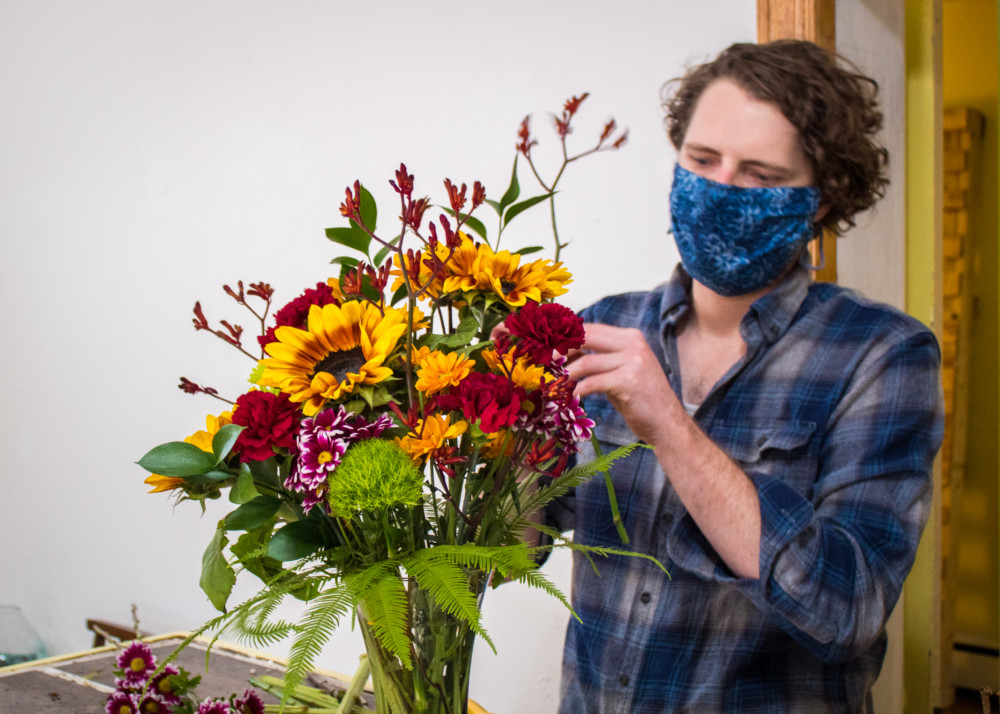
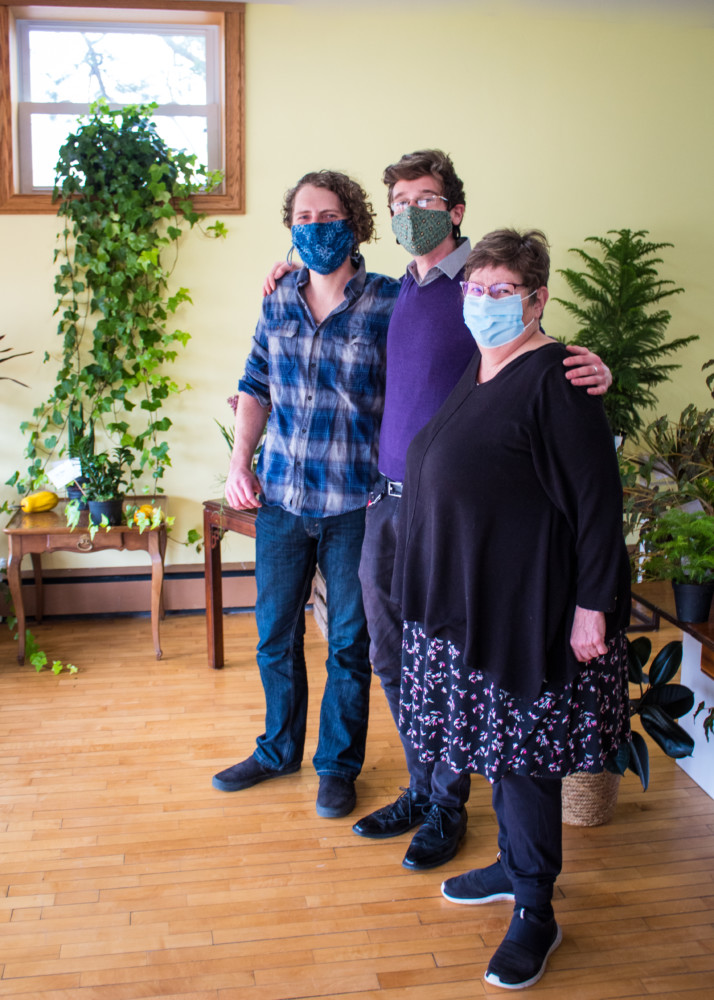
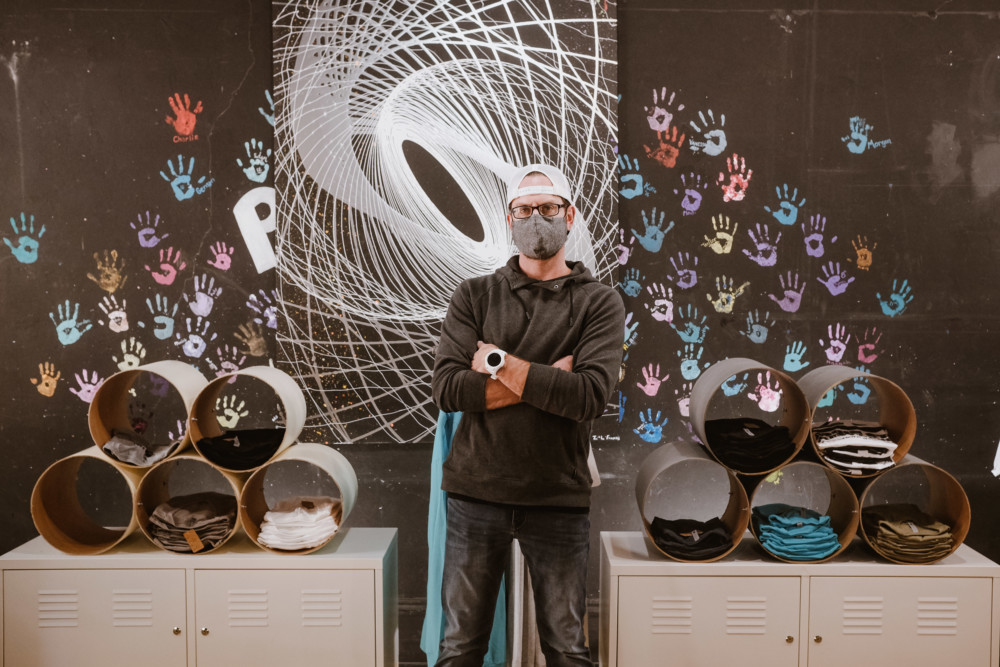
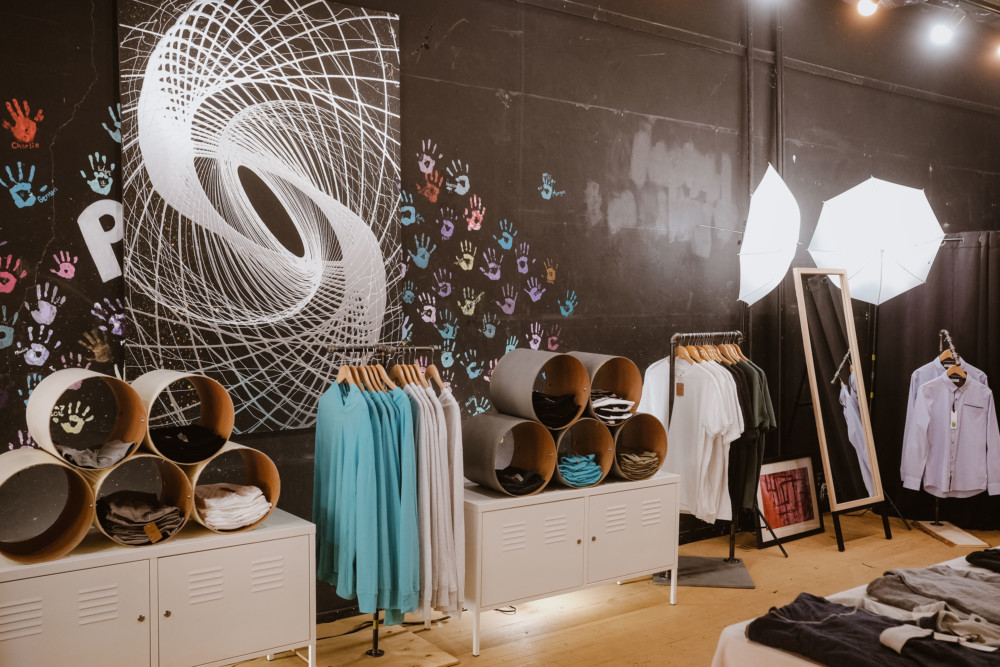

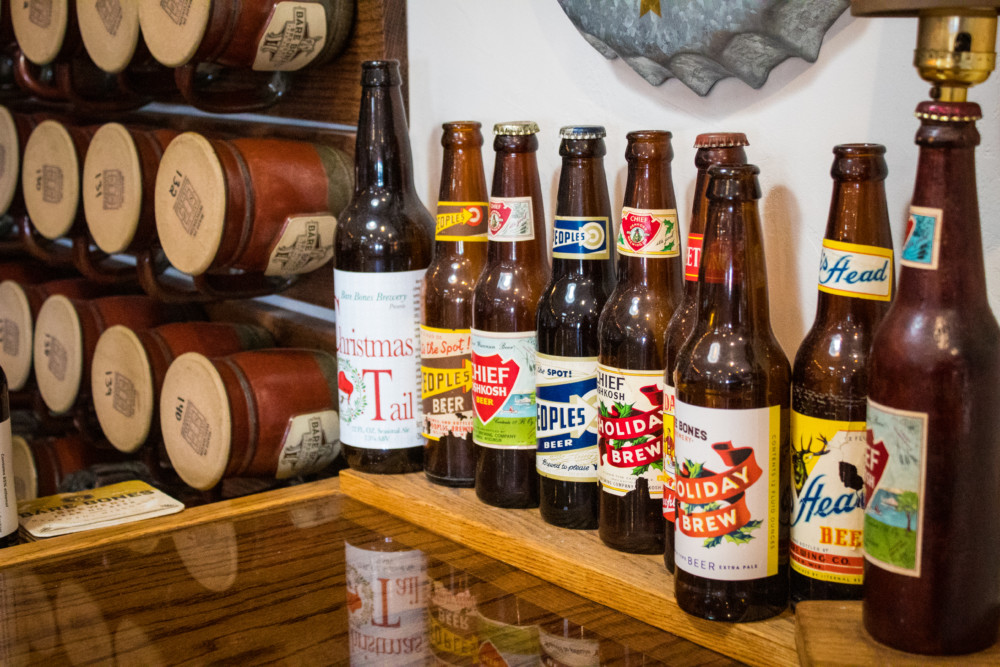

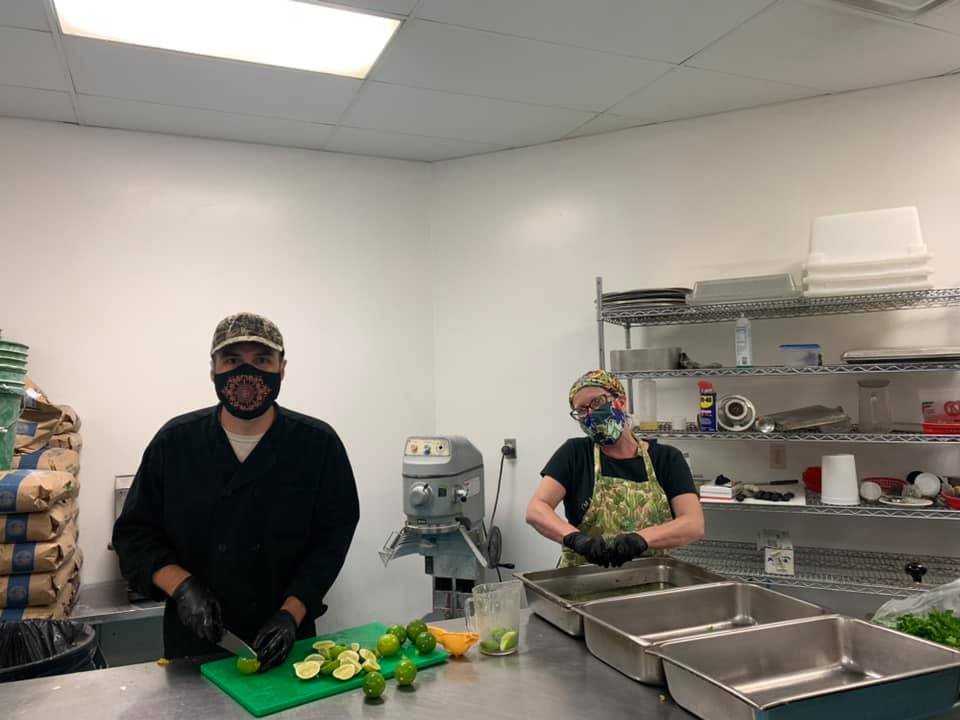

Leave a Comment